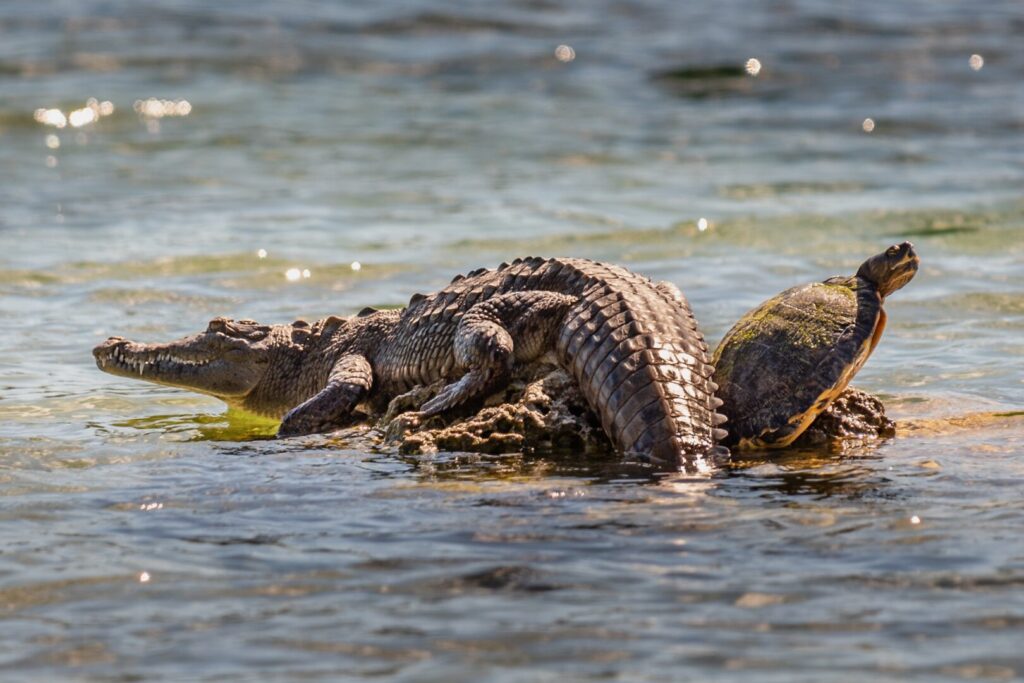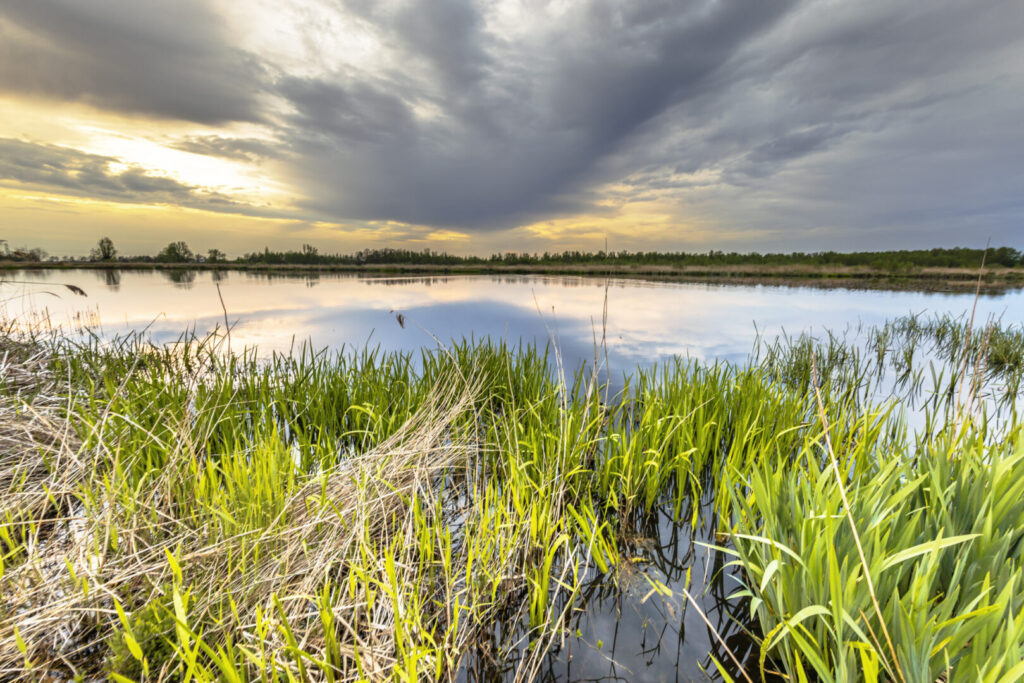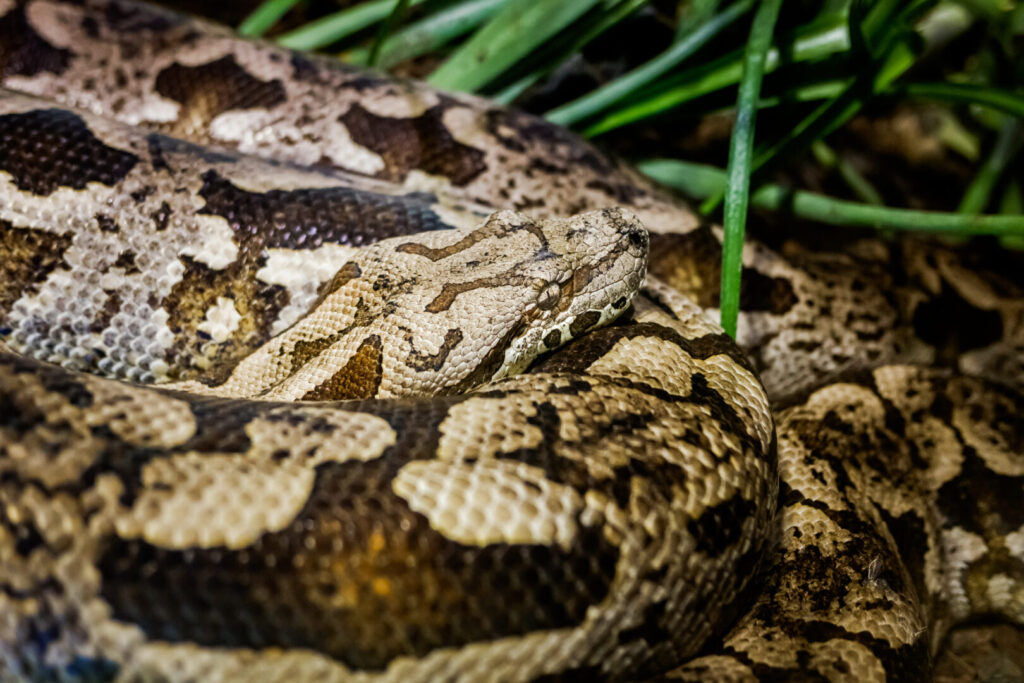The Everglades, a sprawling wetland once teeming with life, is now battling an insidious threat. Invasive Burmese pythons, originally exotic pets, have overrun this delicate ecosystem. These monstrous snakes, capable of growing to over 20 feet, are apex predators that have decimated native wildlife populations. From alligators to deer, no creature is safe from their voracious appetite. The impact on the Everglades is catastrophic, with ripple effects threatening the entire Florida ecosystem.

The Florida Python Challenge
An annual event held in August to help control the invasive Burmese python population in the Everglades. Participants have nine days to remove as many pythons as possible from the Everglades. This helps to protect the Everglades habitat and all its native animals. To give you an idea of how invasive these snakes are, a 5 foot alligator was found inside a Burmese Python.
To combat this crisis, hunters are stepping up to the challenge. Armed with specialized skills and a deep respect for the environment, they venture into the treacherous swamps to hunt these monstrous reptiles. While it’s a dangerous endeavor, facing unpredictable terrain, alligators, and the pythons themselves, these hunters are on the front lines of conservation. Their efforts are crucial in restoring balance to the Everglades and protecting its unique biodiversity.

The River of Grass
The Florida Everglades, often called the “River of Grass,” is a treasure trove of ecological, economic, and environmental significance. This vast wetland acts as a natural filter, purifying water that eventually supplies millions of people. Its sprawling landscape provides a crucial flood control system, protecting coastal communities. As a nursery for countless species, including endangered and threatened ones, the Everglades is a biodiversity hotspot. Beyond its ecological role, it’s an economic engine, driving tourism and supporting local communities. And in the face of climate change, the Everglades serves as a vital carbon sink. Protecting and preserving this unique ecosystem is essential for the health and well-being of Florida and the entire region.
Find more news on SyntheticNews.com.




